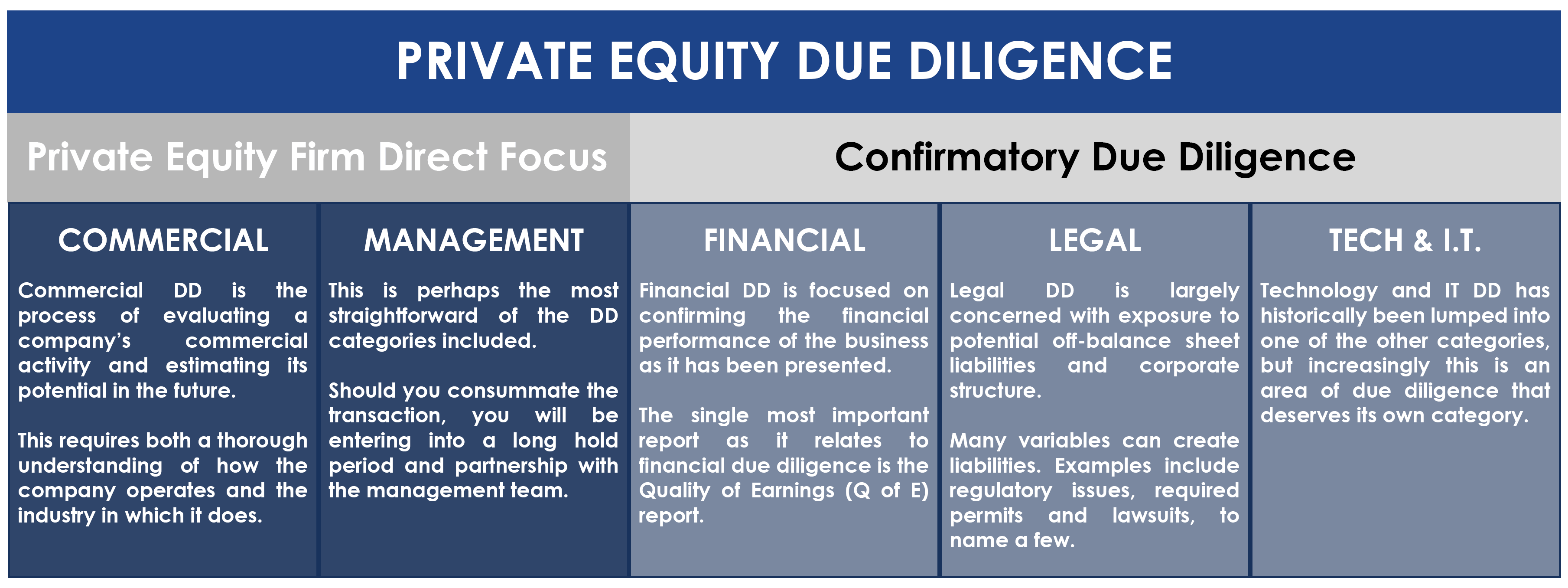It goes without saying that every corporation would like to get the most advanced solutions that will support their teams for having more dynamic and effective sorrow. Real estate business is not an exception. Today, we would like to focus on this type of business and the most supportive applications for their daily usage.
Guidelines for real estate data room
A real estate data room is a secure digital space specifically designed to facilitate the storage, sharing, and collaboration of sensitive documents related to real estate transactions. These transactions encompass a broad spectrum, including property acquisitions, sales, financing, and lease agreements. As employees and responsible managers have a wide range of business processes and lack of time this real estate data room will be a supportive hand for them. Mostly, it will be shared such positive outcomes as:
- provide a secure repository for storing documents crucial to real estate transactions, such as property titles, financial records, contracts, and legal agreements;
- offer controlled access, allowing administrators to customize permissions for different users. This ensures that only authorized individuals can view specific documents;
- audit trails in such rooms document user activities, providing a chronological record of who accessed which documents and when which is invaluable for compliance and accountability;
- facilitate clear communication, ensuring that questions are addressed promptly and comprehensively.
Having such visible positive changes, the role of the real estate data room which is also known as datenraum immobilien in Germany is extremely relevant for further dynamic processes.
Due diligence processes in real estate are a comprehensive examination of a property or portfolio to assess its legal, financial, and operational moments. The process typically unfolds in phases:
- Preliminary Due Diligence: Initial assessment to identify potential issues and risks
- Property-Specific Due Diligence: In-depth examination of the specific property, including title searches, environmental assessments, and zoning checks;
- Financial Due Diligence: Scrutiny of financial records, cash flow statements, and projections to evaluate the property’s financial viability;
- Legal Due Diligence: Examination of legal documents, contracts, and potential legal issues associated with the property.
Having a well-organized due diligence process will help uncover potential risks, verify claims, and ensure that the buyer or investor is well-informed about the property’s condition and financial standing.

Based on these progressive technologies, the real estate business will have such changes.
Firstly, the efficiency gained through streamlined due diligence processes contributes to faster decision-making, negotiation, and ultimately, deal closure. This acceleration is particularly advantageous in competitive real estate markets.
Secondly, informed decision-making is at the core of successful real estate transactions. Real estate data rooms provide stakeholders with the necessary information in a timely and organized manner, empowering them to make well-informed decisions based on comprehensive due diligence.
Thirdly, real estate data rooms contribute to cost efficiency by eliminating the need for physical document storage, reducing travel requirements, and streamlining the overall due diligence process.
It will offer global accessibility, allowing international investors and stakeholders to participate in due diligence processes from anywhere in the world. This global reach facilitates market expansion and diverse investment opportunities.
As a result, these secure digital environments not only streamline the due diligence process but revolutionize the dynamics of collaboration, decision-making, and risk mitigation. As the real estate industry continues to evolve, the adoption of real estate data rooms becomes not just a strategic advantage but a prerequisite for success in an environment that demands efficiency, transparency, and security in every transaction.

